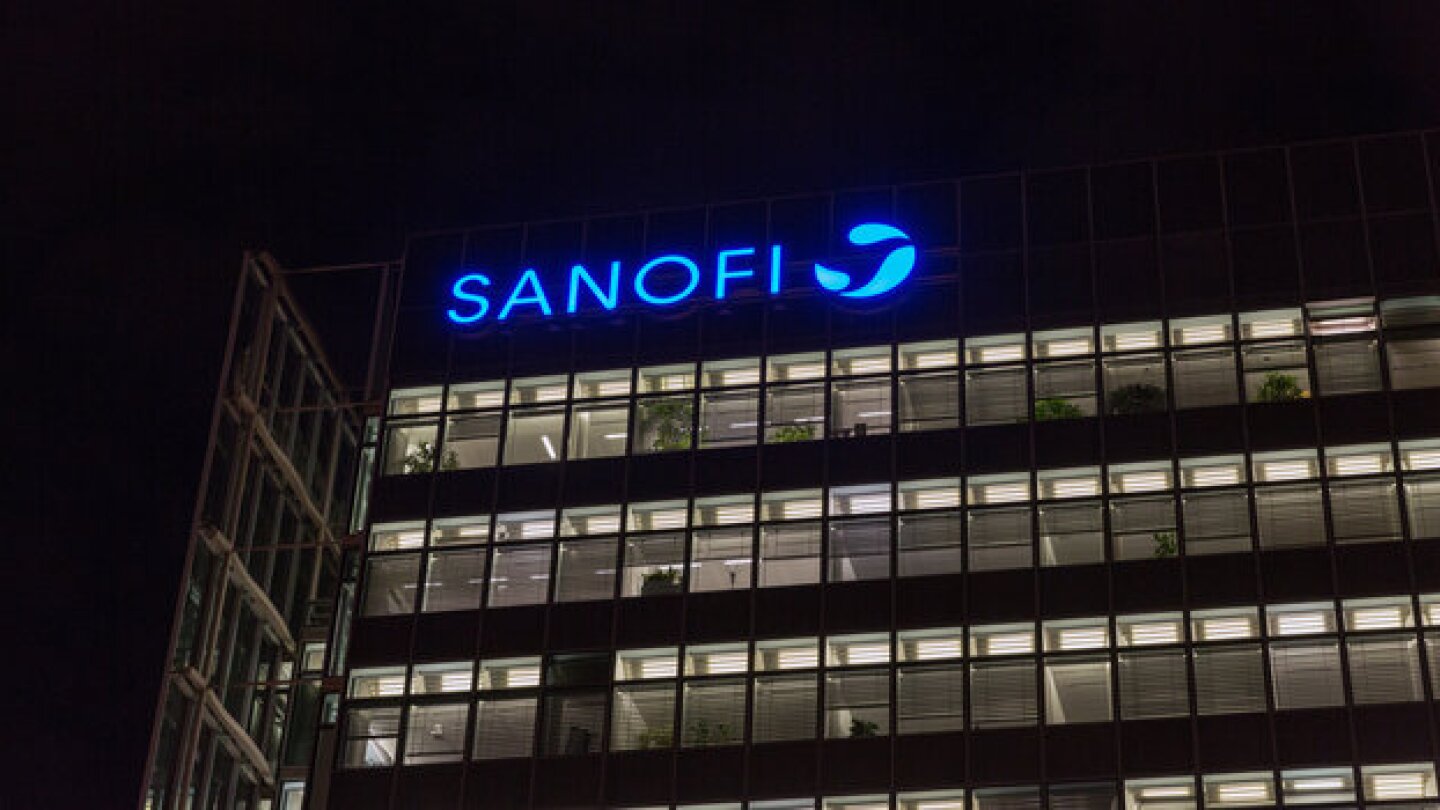Alzheimer’s disease
With Biogen’s multiple sclerosis portfolio facing more generic pressure than ever, the company is eyeing a busy late-stage pipeline and hunting for deals to build its return to growth.
Roche’s obesity candidate achieves 22.5% weight loss in Phase II; Moderna pulls the plug on late-stage vaccine trials as Health Secretary Robert F. Kennedy’s anti-vaccine policies and rhetoric continues; and embattled gene therapy maker Sarepta announces new data in Duchenne muscular dystrophy.
Following the hard-won success of early anti-amyloid drugs, a new generation of Alzheimer’s modalities—from tau-targeting gene silencers to blood-brain barrier delivery platforms—is entering the pipeline to anchor future combination therapies.
Three years after the accelerated approval of its anti-amyloid Alzheimer’s therapy, Biogen—neck and neck in the market with Eli Lilly and its Kisunla offering—is focused on a near-term FDA decision for a subcutaneous induction dose of Leqembi, a presymptomatic readout in 2028 and a clutch of next-generation candidates.
The deal will see Novartis gain global rights over SciNeuro’s potentially disease-modifying anti-amyloid antibody, which leverages the latter’s proprietary shuttle platform to allow delivery into the brain.
As 2026 begins, a slate of high-stakes clinical readouts—from a pivotal study of Novartis’ cardiovascular candidate pelacarsen to a Phase III test of Eli Lilly’s next-gen Alzheimer’s drug—are poised to reshape therapeutic landscapes.
Despite the definitive failure of Novo Nordisk’s semaglutide in Alzheimer’s, biotech executives, analysts and other industry experts see potential in more testing of GLP-1s for the neurodegenerative disease, particularly in a combination approach.
The star of the agreement targets a specific type of tau protein, helping to prevent toxic accumulation in the brain while also preserving the function of healthy tau.
In the midst of regulatory and political upheaval, biopharma’s R&D engine kept running, churning out highs and lows in equal parts. Here are some of this year’s most glorious clinical trial victories.
Every year in biopharma brings its share of grueling defeats, and 2025 was no different, especially for companies targeting neurological diseases. Some failures split up partners, and one particularly egregious case even led to the demise of an entire company.
PRESS RELEASES










